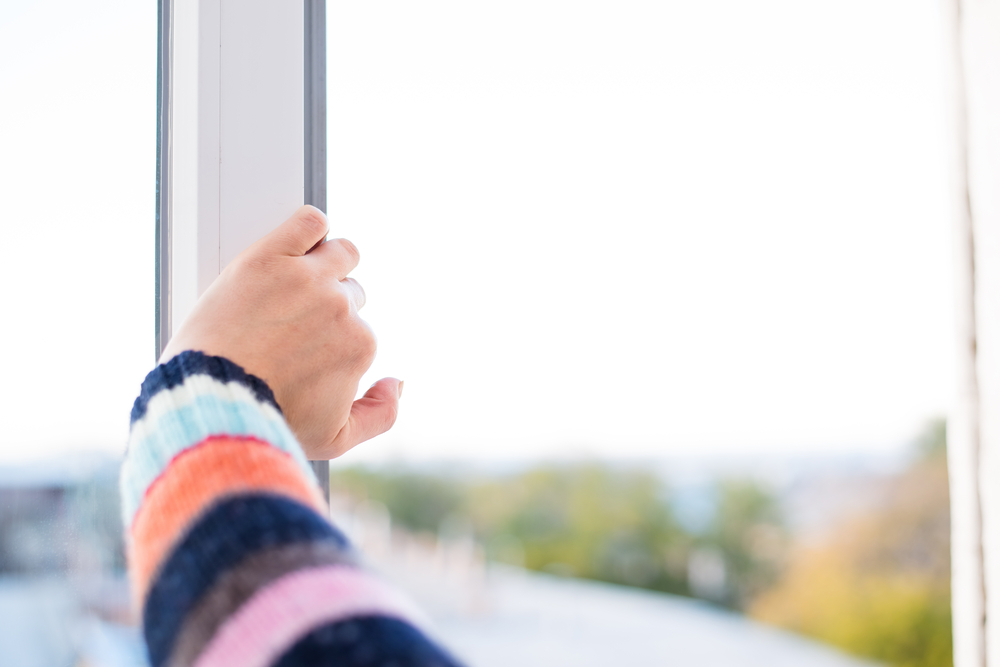For those who suffer from COPD, staying cool during the summer might provide significant health benefits beyond simply feeling more comfortable. Researchers from Johns Hopkins University assessed the impact of high temperatures and keeping cool on COPD patients, and determined that staying cool might in fact keep patients healthier. The research project found COPD patients who were exposed to warm indoor temperatures had higher disease-related morbidity, a rise in the utilization of rescue medications and lung function decline. In addition, higher outdoor temperatures were also linked to increased severity of COPD symptoms.
The outcomes of this study could have major implications on how to treat those with COPD during the summer months. The study was presented at the 2015 American Thoracic Society’s International Conference.
Meredith McCormack, the study’s lead author, said: “Understanding the effect of heat on susceptible populations is increasingly important in order to anticipate and prepare for health effects related to climate change. Although outdoor heat has been associated with increased mortality and with hospitalizations in specific populations, including COPD, less is known about individual-level exposure to heat and the impact on disease-specific outcomes. That was the focus of our study.”
The study enrolled 84 former smokers suffering from moderate to severe COPD and each participant underwent 3 week-long periods of observation spaced 3 months apart. During those periods, indoor and outdoor temperatures were monitored and the participants completed daily evaluations of their symptoms: breathlessness was measured, cough and sputum amounts, lung function, and need for inhaler medications. To assess the effects of heat, researchers evaluated the warm season (the time between the first and last day with temperatures higher than 90°F in Baltimore). The study consisted of 602 days during the summer season, and patients said they went outdoors on only 48 percent of those days.
Researchers found that increases in indoor temperatures were linked with augmented symptoms and utilization of medication and poorer lung function. Increases in outdoor temperature were found to be connected with increased symptoms, however, these did not affect the use of medication or lung function.
“These findings support the need for adaptive approaches to COPD treatment to prevent adverse health effects related to increases in temperature,” McCormack reported. “Future work is needed to understand the mechanism by which heat impacts individuals with COPD and to identify the most effective intervention strategies. The need for novel approaches is especially critical in the face of anticipated climate change.”

